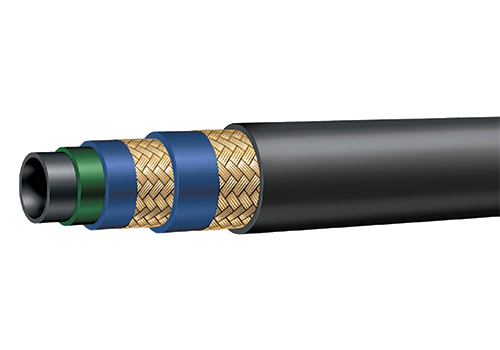Optimal Maintenance Tips for Truck Brake Line Performance and Safety
Agosti . 16, 2024 19:23 Back to list
Optimal Maintenance Tips for Truck Brake Line Performance and Safety
Understanding Truck Brake Lines Essential Components for Safety
When it comes to the safety and efficiency of heavy vehicles, the importance of truck brake lines cannot be overstated. Brake lines serve as the critical conduits for hydraulic fluid, transferring the force exerted on the brake pedal to the brakes themselves, which ultimately allows the truck to slow down or stop. Understanding their function, maintenance, and common issues is essential for truck operators and fleet managers alike.
The Function of Brake Lines
Truck brake lines are part of the hydraulic brake system, which is prevalent in large vehicles due to its reliability and effectiveness in controlling vehicle speed. When the driver presses the brake pedal, hydraulic fluid is pushed through these lines. This fluid travels from the master cylinder to the wheel cylinders or brake calipers, where it activates the brakes. The pressure generated within the brake lines enables the clamping action necessary to bring the vehicle to a halt.
Brake lines are typically made from high-strength materials, such as steel or reinforced rubber, designed to withstand the pressures generated in the braking system. The durability and condition of these lines are crucial, as they directly influence the overall efficiency and safety of the braking system.
Maintenance of Brake Lines
Regular maintenance of brake lines is essential to ensure safety on the road. Brake fluid can absorb moisture over time, leading to corrosion within the lines and eventual failure. Therefore, it's important to periodically check the brake fluid level and quality. Flushing the brake fluid at recommended intervals helps to maintain a clean and effective hydraulic system.
truck brake line

Additionally, visual inspections of brake lines for signs of wear, such as cracks, leaks, or bulges, should be conducted regularly. Any damaged lines should be replaced immediately to avoid catastrophic brake failure. Fleet managers often set up scheduled maintenance checks to address these issues proactively.
Common Issues with Brake Lines
Several problems can affect truck brake lines, and understanding these can help prevent accidents. One of the most common issues is corrosion, which can weaken the integrity of the lines and lead to leaks. Leaking brake lines result in a loss of hydraulic pressure, which can dramatically affect braking performance.
Another prevalent problem is air intrusion. If air enters the brake line, it can lead to a spongy brake feel, reducing the driver's control over the vehicle. In this case, bleeding the brakes to remove air can restore the system's functionality.
Moreover, abrasion from road debris or exposure to extreme weather conditions can also lead to premature wear. Protective sheathing around brake lines can help mitigate these risks, but regular inspections are still necessary to catch any damage early.
Conclusion
Truck brake lines are a crucial component of a vehicle’s braking system, and their proper functioning is vital for the safety of the driver, passengers, and others on the road. Regular inspection and maintenance can significantly reduce the risk of brake failure and enhance the overall safety of heavy vehicles. By staying informed about the importance of brake lines and taking proactive measures to maintain them, truck operators can help ensure safer journeys for all. Understanding this key aspect of vehicle maintenance not only contributes to the longevity of the truck but also to the safety of its operation.
